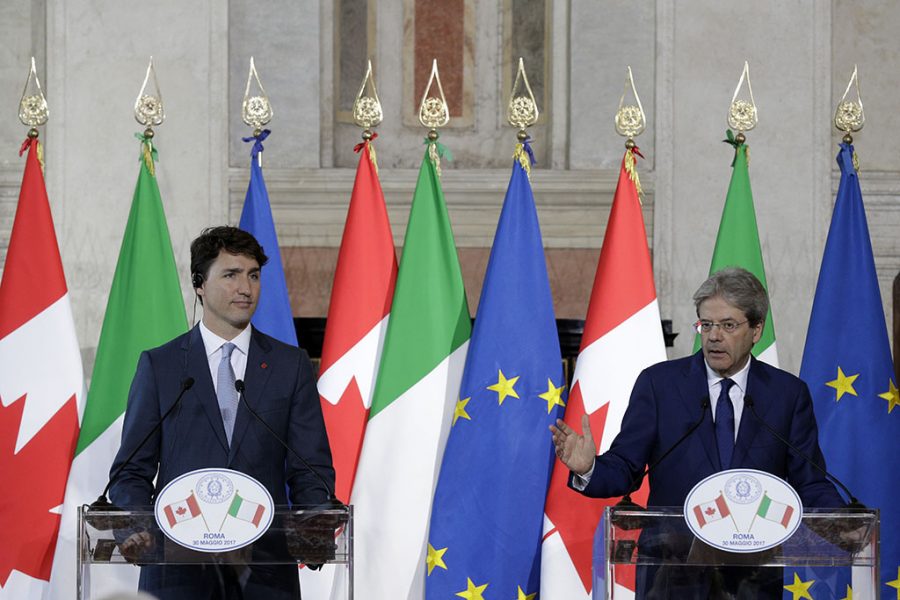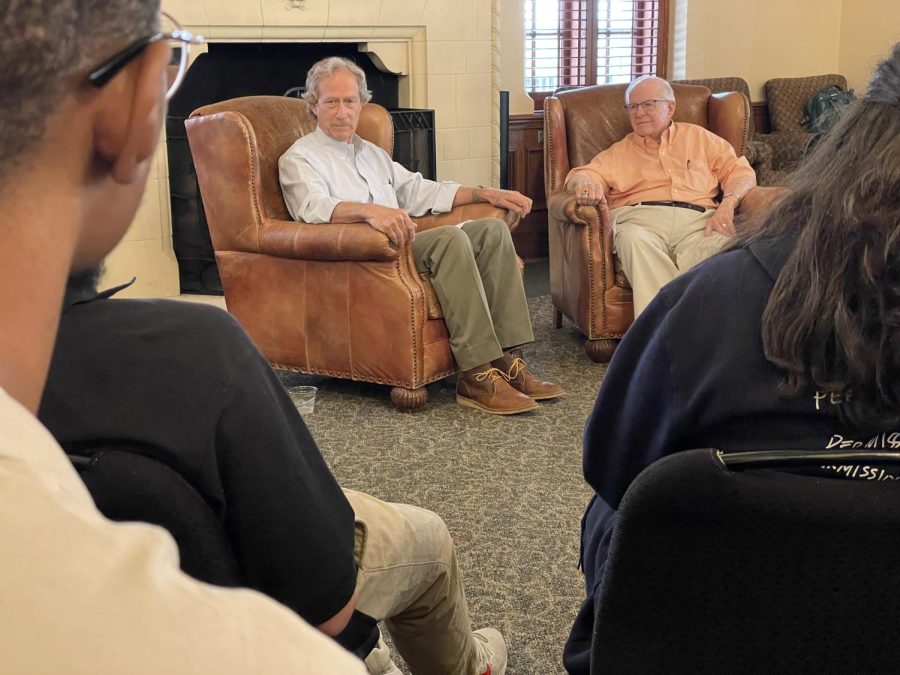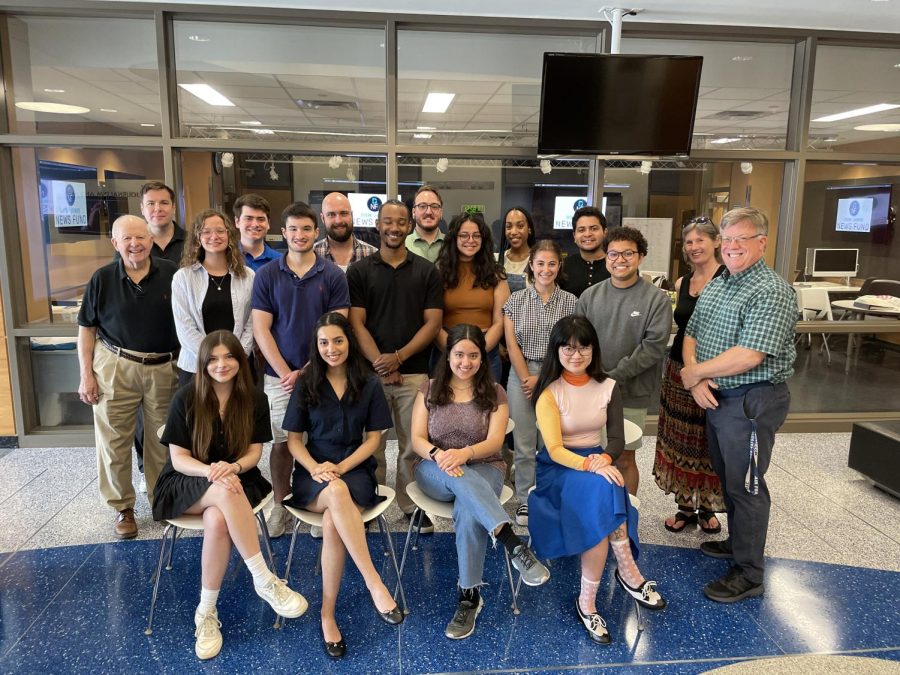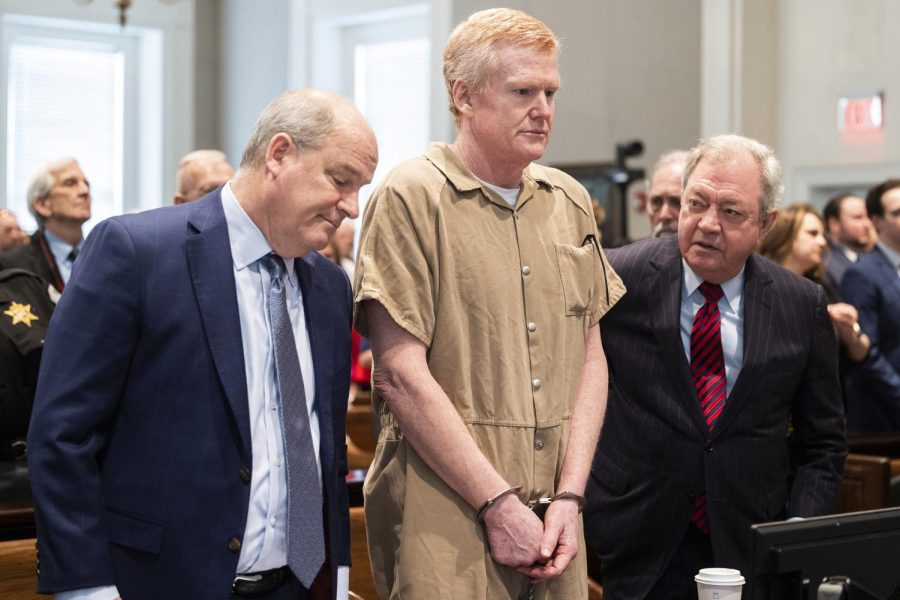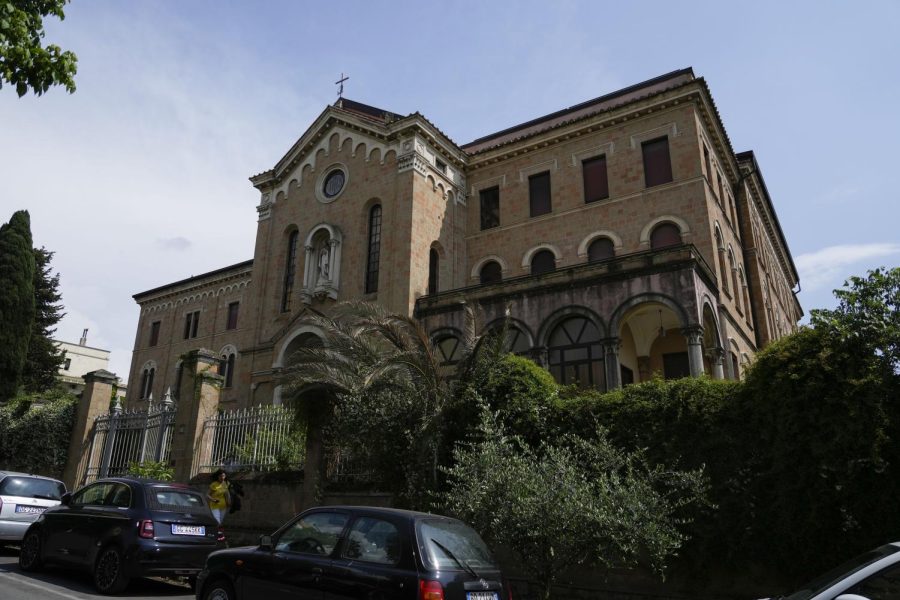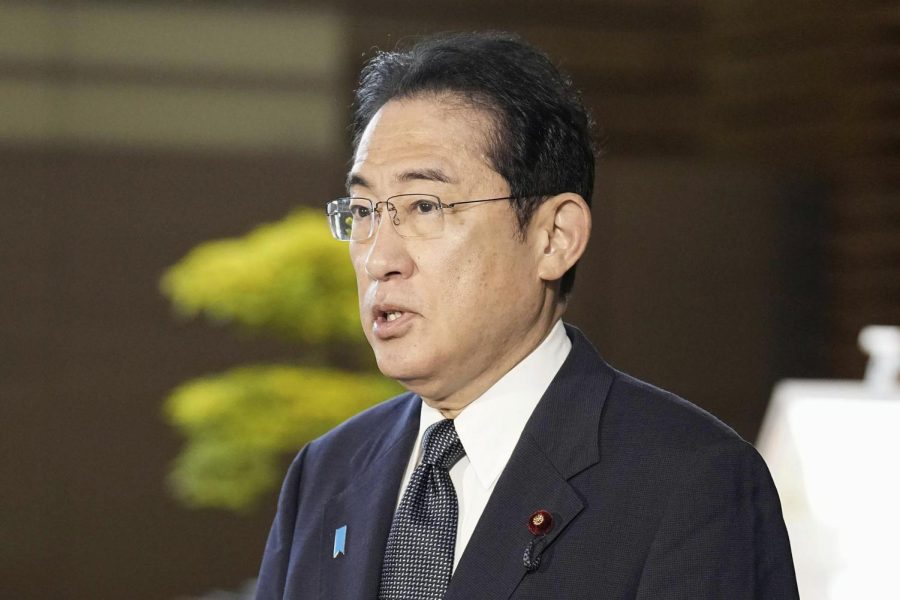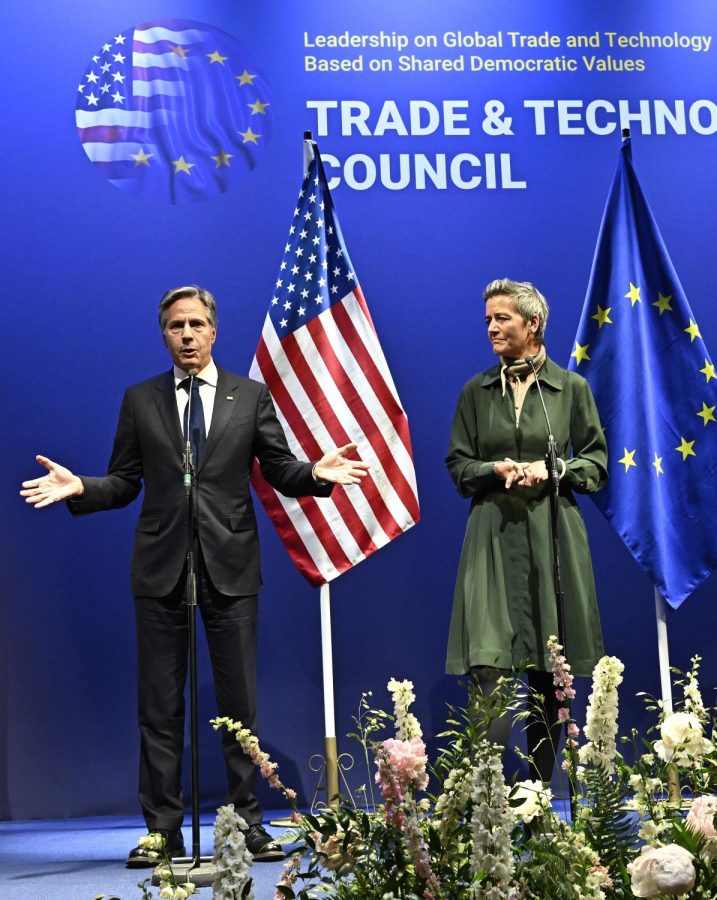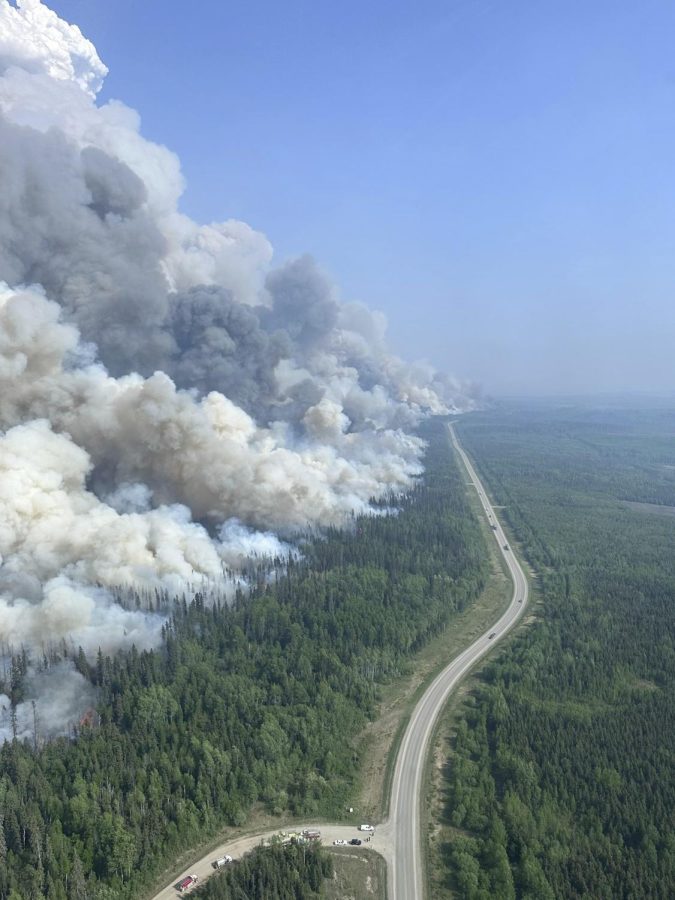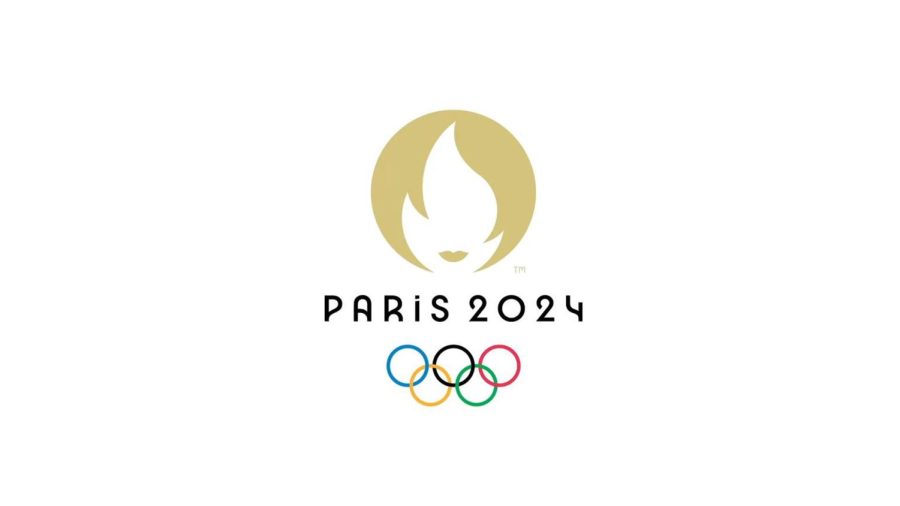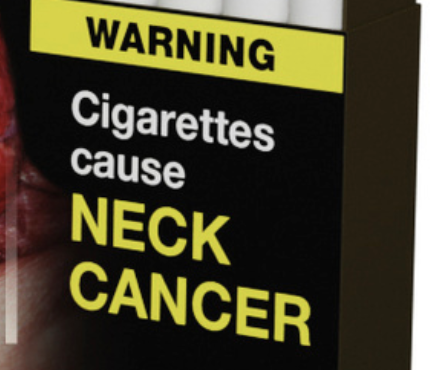ASSOCIATED PRESS
Mount Everest climber recovery poses additional risks
KATHMANDU, Nepal — A Indian man wept as a helicopter landed in Kathmandu carrying the body of his brother, one of hundreds of climbers who have died while climbing Mount Everest.
The body had been left on the mountain for a year until last week, when a team of Sherpa climbers managed to recover it along with two others. But the high-risk expedition, financed with about $92,000 from the Indian state of West Bengal, has sparked heated debate in the mountaineering community about the morality of risking more lives to retrieve bodies from one of the most unforgiving places on Earth.
Many in the mountaineering community said that peace of mind came with unacceptable risk. Climbers who attempt to scale the world’s tallest mountain know they could die from any number of challenges, including low oxygen, frigid temperatures, strong winds and steep falls. Asking others to carry down the bodies‚ often much heavier because they are frozen and covered in ice‚ puts more people in danger, they said.
About 300 climbers have died since Everest was first conquered in 1953, and at least 100‚ maybe 200‚ corpses remain on the mountain. Most are hidden in deep crevasses or covered by snow and ice, but some are visible and have become macabre landmarks, earning nicknames for their plastic climbing boots, colorful parkas or final resting poses.
It is often Sherpas who are hired for retrieval expeditions. Climbers from the ethnic group that has lived for centuries around Everest have become an integral part of the Himalayan mountaineering world, and rely on the pay they can earn during the three-month climbing season to carry their families through the year.
Gentiloni backs Merkel: Europe must forge its own future
MILAN — Italian Prime Minister Paolo Gentiloni says he shares German Chancellor Angela Merkel’s sentiment that Europeans must take their future into their own hands.
During a press conference Tuesday with Canadian Prime Minister Justin Trudeau, Gentiloni affirmed the importance of ties with the United States, but said: “We have fundamentally different goals which we cannot renounce, such as climate.”
Gentiloni was responding to a question about German Chancellor Angela Merkel’s weekend remark that “we Europeans must really take our destiny in our own hands.”
The comments underline the shift in the relationship between the United States and Europe following a NATO meeting in Brussels and Group of Seven summit in Sicily with President Donald Trump.
Trudeau is in Italy to promote trade and cultural ties.
UN refugee agency cites 5 for fraud, threats at Kenya camp
GENEVA — The U.N. refugee agency says it has turned to Kenyan police for possible criminal prosecution of three staffers for allegedly carrying out threats, intimidation and fraud against refugees and other personnel at a camp in northwest Kenya.
U.N. High Commissioner for Refugees spokesman Babar Baloch says the move follows an internal investigation launched after allegations of wrongdoing involving those three and two more staffers at the Kakuma refugee camp emerged between April 2016 and January 2017.
Baloch says staff members allegedly sought payments of $500 to $2,500 from refugees for various services that should be free, threatened other workers and intimidated camp occupants.
As the allegations emerged, UNHCR said Tuesday it suspended normal resettlements from Kakuma, a 25-year-old camp now housing 172,000 refugees, mostly from South Sudan.
Goldman under fire for buying Venezuela “hunger bonds”
CARACAS, Venezuela — Venezuela opposition leaders are decrying Goldman Sachs Group Inc.’s purchase of bonds from the socialist government of President Nicolas Maduro, who has been targeted by almost two months of protests.
The Wall Street Journal reported Sunday that the bank bought $2.8 billion in bonds from the state-run oil company PDVSA at a steeply discounted price.
Opposition leaders accused the bank of getting in bed with a deeply unpopular administration. Julio Borges, president of the opposition-led Congress, said Goldman Sachs is propping up a dictatorship and argued that the bond purchase violated the bank’s own code of conduct.
In a statement, Goldman Sachs acknowledged its purchase, but said the bonds were bought in the secondary market and not directly from the Venezuelan government.
“We are invested in PDVSA bonds because, like many in the asset management industry, we believe the situation in the country must improve over time,” the statement said.
Goldman Sachs did not say in its statement how much it paid for the bonds. The Journal, citing unidentified sources, said the bank paid $865 million for the $2.8 billion in bonds, roughly 31 cents on the dollar.


